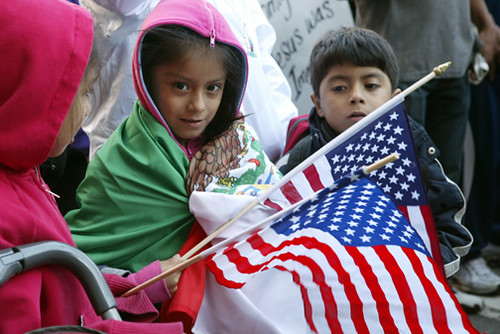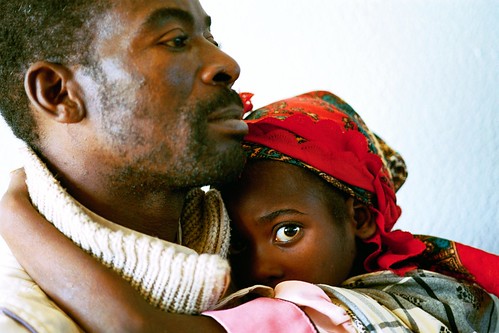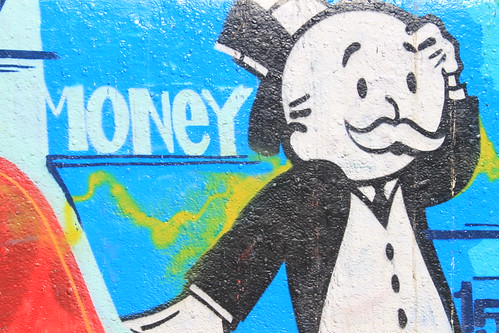"Jesus didn't have kids; [he was] not a dad. But he seemed very fond of them. He seemed to really be into kids and he seemed to continually try to center the attention of his followers on them; on what was going on with them. Why was that? If we're gonna think about what it means to do life together, it's important that we think about what is the role all of us play - not just the parents, but all of us... in the next generation of what God is doing."
This teaching takes a look at how God seems to be inviting his people to think about life together with kids, by taking a broad look at the advice on parenting, child-rearing, and relating to kids given throughout the Bible. In this teaching, Leah makes the case that these are questions that are not just relevant for parents, but for all who seek to live out Jesus-centered community.
Review Leah's notes or listen to the audio below.



















![By Liesel (Own work) [CC BY-SA 3.0 (http://creativecommons.org/licenses/by-sa/3.0)], via Wikimedia Commons](https://images.squarespace-cdn.com/content/v1/54a725b7e4b03d35acc7bbf7/1480699786653-7B1U7PM4D69MOM02Q4DA/image-asset.jpeg)

